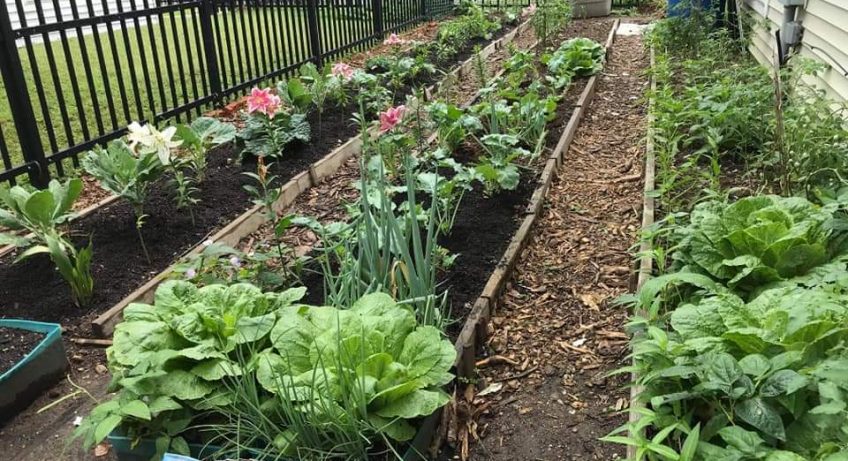
You don’t have to grow an organic garden exactly like a professional to fully enjoy it. You can grow a garden your way, so long as it employs the basics of organic gardening that can actually help your plants grow. Try looking at the tips below. They can give you some more helpful advice.
Home
Make your own compost. If you create your own compost at home, you can be absolutely certain of what goes into it, unlike if you purchase bags of compost from a gardening store. In addition, composting in your yard will attract helpful native wildlife such as insects that will balance the ecosystem of your garden.
When starting your organic garden, a great tip is to figure out which vegetables you should pick to plant in your garden. Some vegetables are better suited for home germination than others are. Some great vegetables to consider planting include broccoli, cabbage, cauliflower, lettuce, peppers, onions, tomatoes, basil, and more.
Garden
It can be extremely fast and easy to plant perennials into your garden. Use your spade in a slicing motion to cut a flap of turf. Carefully turn the flap over, then cover the area with a three-inch layer of untreated wood chips. Give this area at least a few weeks, then you can dig into the area and plant the new perennials.
Toads can be a gardener’s best friend because of all the troublesome bugs they eat. To attract toads to come visit your garden and stay awhile, keep the garden bedding moist and offer some places where they can safely hide from predators of their own. A useful trick many gardeners use is to place old, broken clay flower pots upside down in the garden to function as a comfy shelter for the hard-working toads.
Health
Composting for organic gardening reduces the need for fertilizers, is a form of herbicide, can help prevent plant diseases and helps impact the environment in positive ways. Composting is a source of nutrition for insects, helps with soil erosion and reduces waste sent to landfills. It is wonderful for the health of the environment in general.
If you have a compost pile, but have very few leaves to add to it this fall, try incorporating straw or hay into your compost pile. This is a great way to add carbon which is very beneficial to the growth and health of plants. The straw and hay may contain seeds, so it is best to use an organic weed spray on your compost pile to get rid of the unwanted weeds.
Treatment
Apply baking soda and water to your plants regularly. Just mix the two ingredients in a spray bottle and mist the leaves of your plants. This mixture acts as a natural anti-fungal treatment. Harmful pesticides can be avoided if you use a baking soda mixture at least twice a week.
When it comes to taking care of an organic garden, then you need to opt for organic pest control. This is a comprehensive approach versus that of using chemicals. Try creating a healthier biodiversity so that you can help control the insects. When you use natural products and build healthier soil, you have the best long-term treatment for insects.
Management
Avoid chemicals in your garden. Keep the toxins out of the food and the water supply. One of the best parts about organic gardening is eliminating chemical compounds from your food supply. There are many alternatives to chemical fertilizers and pesticides. Almost any problem can be cured with the right management.
If you want to have an organic garden, you should make sure you do not have any need for bug sprays. Maintaining healthy soil will help immensely with pest management. Healthy soil will help to produce healthy plants. Healthy plants are better able to withstand insect damage and disease.
So, as you can see, organic gardening is more than just professional organic gardening. It really can be a relaxing hobby or activity if you want it to be. You should feel a bit better and ready to start growing a better organic garden using your newly-found knowledge of this type of gardening.
